The Poodle is one of the most popular dog breeds around the world!
The Poodle, also known as the Caniche in French and Pudel in German, is a breed of water dog that originated in Germany. The Poodle breeds are found in four varieties depending on size: the Standard Poodle, the Medium Poodle, the Miniature Poodle, and the Toy Poodle. However, the Medium Poodle variety is not recognized universally as a distinct breed.
Wildfowl hunters initially used the Standard Poodle to recover game from water. Although the Poodle is mostly claimed to be developed in Germany, it is also believed to have originated in France. Although the smaller varieties of the breed were origins in France, where they were used as circus performers, now have gained popularity as companion dogs.
So, what are water dogs? Let's find out!
What is a Water Dog?
Water dogs are medium-sized, energetic canines whose main distinguishing characteristics are tight waterproof coats and a great desire to swim in the water. Many long-haired water dog breeds have had their coats trimmed, leaving a bare stomach and hindquarters to aid in swimming with minimum drag, yet maintaining a long coat around their chest to avoid thermal shock when jumping into cold water.
What are Dog Breeds?
A dog breed is a particular strain of a dog that has been selectively developed by humans to fulfill certain activities, such as hunting, herding, and guarding.
Dogs are the most varied animal on the planet, with around 450 internationally recognized canine varieties created by artificial selection.
These breeds have unique morphological characteristics, including body size, head shape, tail phenotype, fur type, and coat color.
Guarding, hunting, and herding are among their behavioral characteristics, boldness, hypersocial behavior, and aggressiveness are in their nature.
Within the past 200 years, most of the breeds have been derived from a limited number of founders. As a result, dogs are now the most abundant carnivorous species, widely distributed across the globe.
A dog breed will consistently exhibit the ideal physical characteristics, movement, and temperament established over decades through selective breeding. A breed standard is a written description of the breed's ideal specimen. Other terms for dogs include pure breeds, crossbreeds, mixed breeds, and natural breeds.
There are numerous dog breeds out there. Let us get to know some of them!
Types of Dog Breeds (Poodles)
Bernedoodle (Bernese Mountain Dog and Poodle)
Bernedoodles are a very easy-going cross between Poodle and Bernese Mountain Dogs. This breed is most often seen in its bigger size, which weighs over 80 pounds. Their jackets are one-of-a-kind and often come in several colors.
This breed of dogs can be clumsy, yet they are also very playful. Unfortunately, this trait makes it difficult to train them, since they have a hard time concentrating.
Bernedoodle are affectionate and athletic - they will make an excellent big lapdog! However, bear in mind that they like wrestling and tug-of-war, so if you have other pets or young children, make sure to train them to be gentle.
Labradoodle (Labrador and Poodle)
The Labradoodle is the most well-known poodle mix and, perhaps, one of the finest ever produced. Labradoodles are very loving and like being the center of attention.
They also have no doubts about showing it, as they will leap on you or smack your palm in exchange for a pat. While their short hair makes maintenance easier, they still need regular grooming to prevent matting. Baths may be necessary, even if you do not clean your teeth. Because Labradoodles like water, bathing will be a breeze.
They are very energetic and should be walked once a day. Be sure to go out and play fetch with them and shower them with treats for learning a new trick.
Goldendoodle (Golden Retriever and Poodle)
Another popular poodle hybrid, these magnificent dogs can reach a weight of more than 80 pounds. Goldendoodles in miniature form can weigh as little as ten pounds. This Goldendoodle is non-shedding and needs regular grooming to maintain a clean coat.
They are high-energy dogs that thrive in family homes with a big backyard to play. However, puppies will have difficulty playing with children since they often leap and knockdown little toddlers. They just do not understand their strength.
While they are usually healthy, they do have hip and joint problems. Therefore, it is important to provide them with the appropriate nutrition and hip and joint supplements to reduce the risk of developing the symptoms. Golden retrievers are also crossed with the Toy variant to produce the Goldendoodle.
Bidoodle (Bichon Frise and Poodle)
The Bidoodle is a cross between the Bichon Frise and the Poodle. They are bouncing bundles of energy who like being hugged and held. While they can be jumpers, their little stature and outgoing personality make them ideal for youngsters and small dwellings.
They are very loud, barking, whining, and whimpering constantly. As with other little breeds, they have difficulty with toilet training because of their tiny little bladders.
Nonetheless, they are a non-aggressive breed that wants to show their affection by licking you. They are excellent lap dogs! Refrain from giving them extra goodies during training since they can rapidly gain weight.
Sheepadoodle (Old English Sheepdog and Poodle)
The Sheepadoodle is a cross between the focused Poodle and the work-oriented Sheepdog. They are often found in bigger sizes and can weigh up to 30 pounds after four months.
Sheepadoodles like children and other dogs but must be taught to play gently because of their big frame. They mostly have a herding tendency because of their Sheepdog parent. Therefore, providing them with a job will improve their mental health to a large extent!
Brush them regularly and often, since their long hair collects dirt and dust. They, like other large dogs, are prone to hip and joint problems.
Schnoodle (Schnauzer and Poodle)
The Schnoodle is a Poodle mix that is a product of crossbreeds between the Schnauzer and Poodle. Schnoodle takes a few generations to reach the desired mix. The fluffy coat of the Schnoodle is a balanced combination of wavy and incredibly soft hair.
It is difficult to pin down the general disposition of a Schnoodle because of the intense breeding that goes into making the "perfect" dog. However, they are usually not aggressive and do not need a lot of socialization at a young age.
They are very protective of their owners, and they need a lot of room to jump and play. So a big backyard is a must for them.
Saint Berdoodle (Saint Bernard and Poodle)
Saint Bernards and Poodles create an appealing and faithful breed. They are loving, joyful canines who like to be pampered. Expect the Saint Berdoodle to grow to be very big as it matures, as they can easily reach over 100 pounds.
They are likely to have thick, curly hair that requires constant maintenance. We suggest shorting them if you live in a warmer environment. They thrive in colder climates and will have plenty of energy to run about in the snow.
Like all humans and animals, Saint Berdoodles are large, easy-to-train puppies that will sit on or paw you to gain your attention.
Whoodle (Wheaten Terrier and Poodle)
The Whoodle is an unusual cross between a Wheaten Terrier and a Poodle. As a result, there is little data to determine general temperament, health problems, and size.
Wheaten Terriers are excellent family dogs due to their dependability, friendliness, and ease of training. Poodles, on the other hand, train well and are generally clever. Therefore, the Whoodle is a pleasure to educate. Due to their thick coats, it is necessary to groom the Whoodle every day.
Finding one will be challenging, and you will almost certainly have to go a great length to find one! But, if you do come upon one, seize it; you may not get another opportunity.
Scoodle (Scottish Terrier and Poodle)
A combining between a Scottish Terrier and a Poodle creates the Scoodle, a fun-loving and sociable hybrid. Scottish Terriers are a tiny terrier breed that comes in wheaten, black, or brindle coat colors. Scottish Terriers are sociable yet naughty. Due to their similar look and disposition, they are sometimes mistaken for Schuazers.
The Scottish Terrier Poodle mix is a joy to own and adapt well to different living circumstances. While they need about 45-60 minutes of daily activity, they may live in flats and smaller living spaces if properly exercised.
Scoodles are excellent with children and adapt well to multi-pet households. Because both parent breeds have single coats, grooming and shedding should be simpler to manage with this combination than with others. Expect the Scoodle to live between 10 and 14 years, depending on their breeding parent's health condition.
Conclusion
Any Poodle can make an excellent friend. They are usually extroverted cheerful and incredible dog breeds and like playing and lying on your lap. Unsurprisingly, they have become a popular option among families since their pleasant demeanor makes them ideal for youngsters.


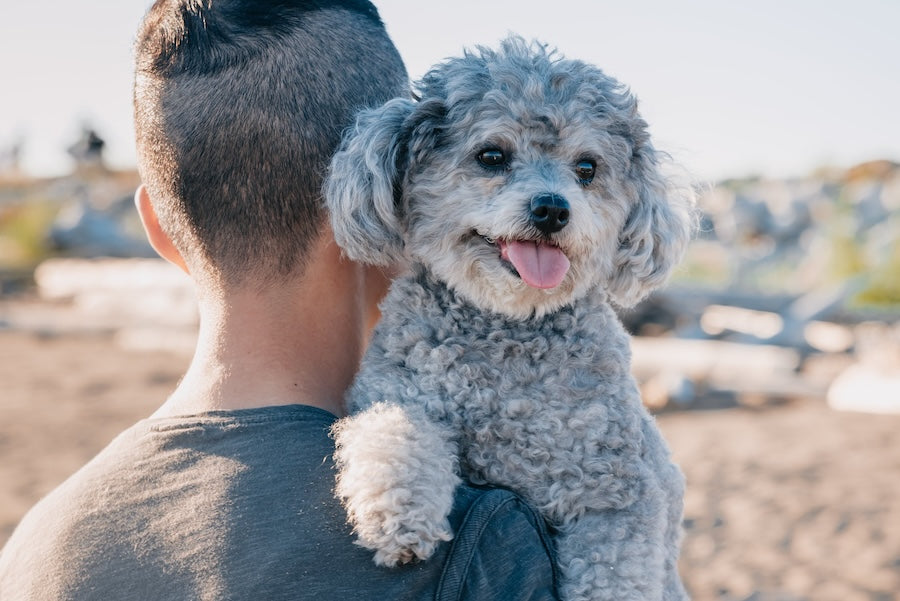
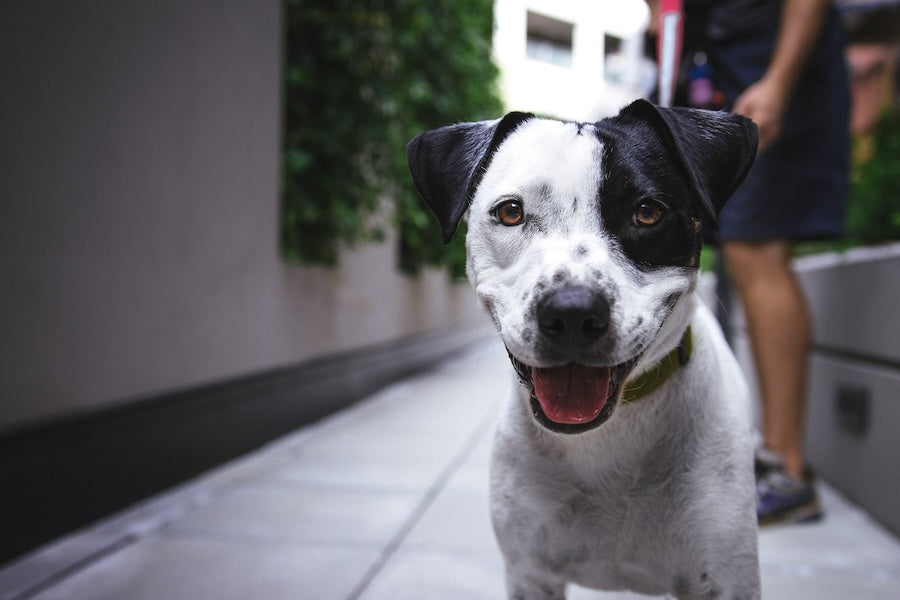
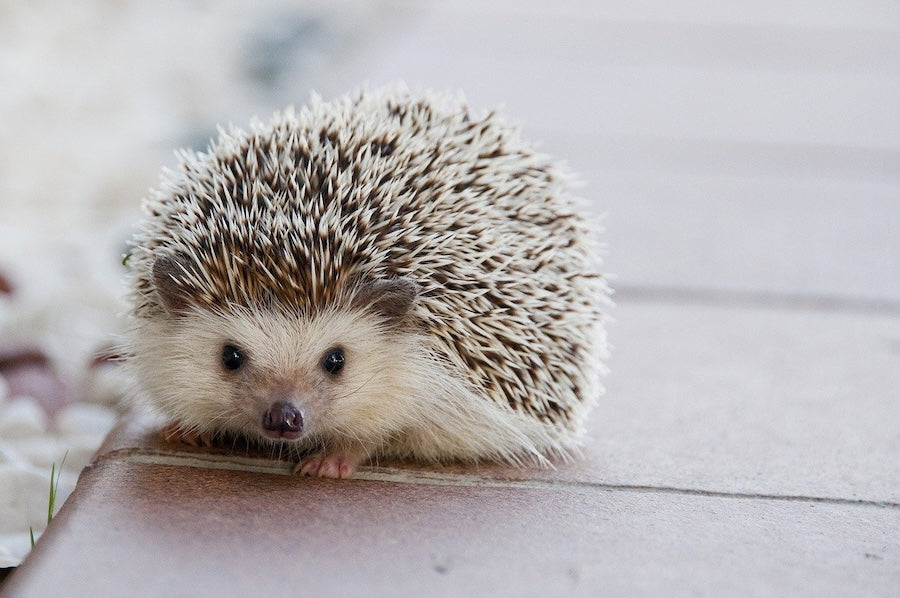
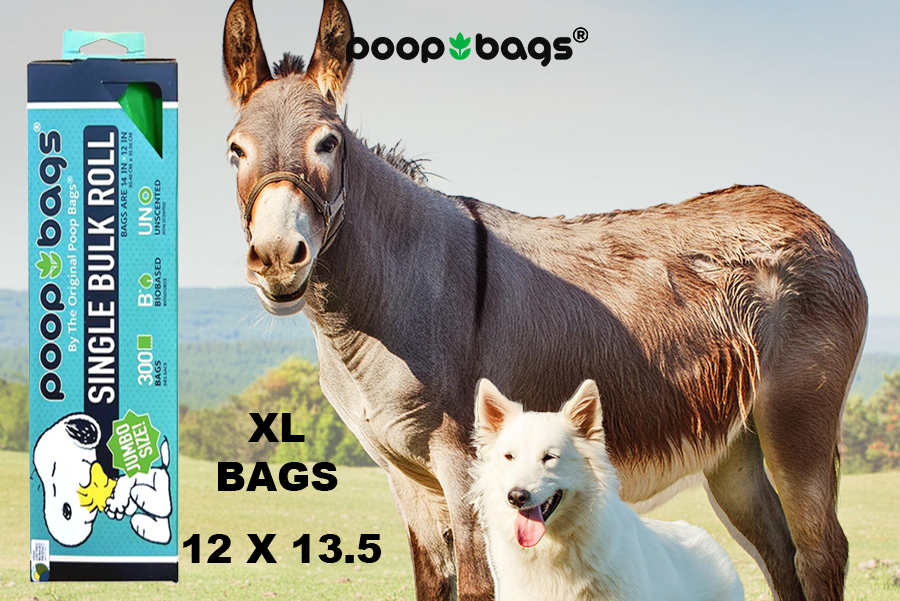

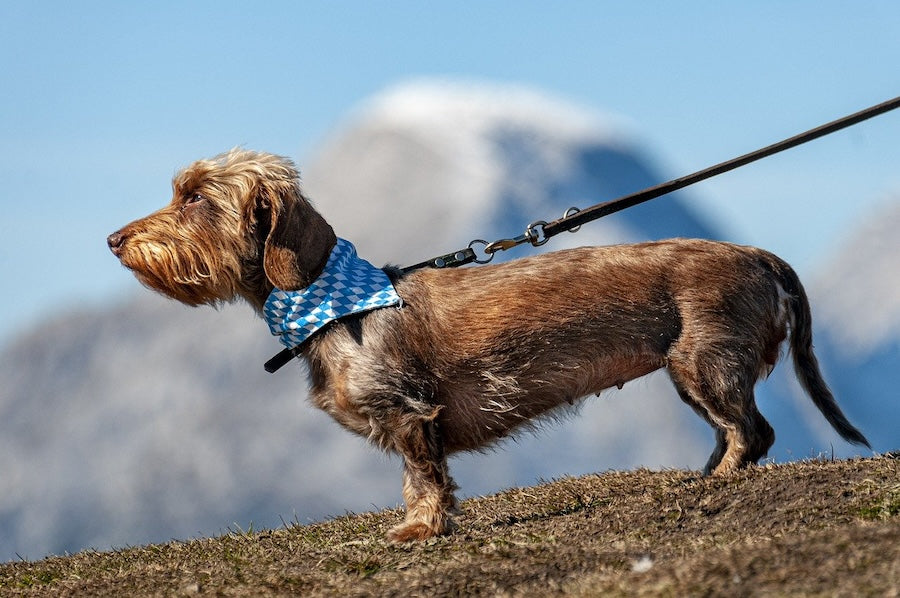
Leave a comment
This site is protected by reCAPTCHA and the Google Privacy Policy and Terms of Service apply.